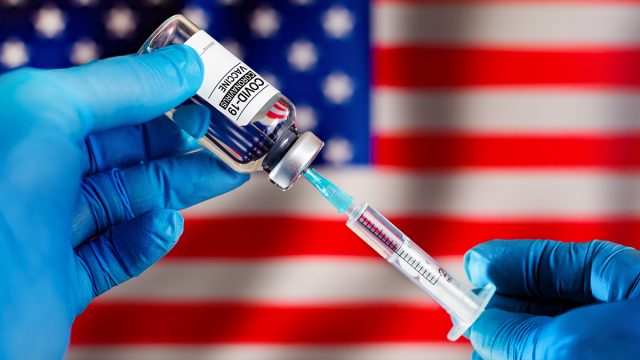
The CDC recommends that everyone older than six months gets an updated COVID vaccine and flu shot. But flu season can linger into March, and COVID infections tend to pick up around the holidays, so is there an optimal time to be vaccinated? In the latest edition of her newsletter Your Local Epidemiologist, infectious-disease expert Katelyn Jetelina discussed the ideal time to get COVID and flu booster shots.

You should wait two to three months from your last COVID infection or booster shot before getting the updated vaccine, says Jetelina. “A COVID-19 vaccine doesn’t add much benefit within two to three months of infection,” she says. “We don’t have to wait two to three months after infection—we won’t “exhaust” or “overwhelm” our immune system. But waiting will ensure we broaden B cells (our second line of defense; our antibody factory that stores some long-term-memory).”
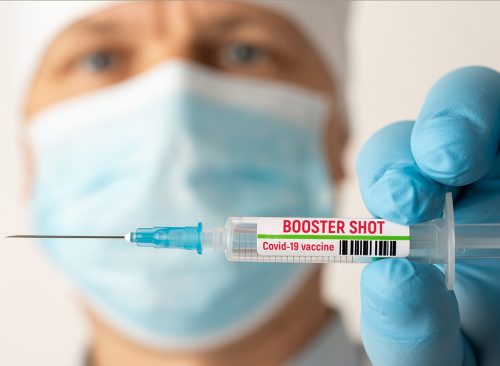
“The longer we wait, the more we get out of the vaccine. One study found that waiting eight months increased neutralizing antibodies 11 times more than waiting 3 months after infection,” says Jetelina. “But waiting is a gamble. Even if a vaccine sooner is not as good as it could be, it’s better than waiting too long and catching COVID with limited protection, especially for high-risk people.

If you’re older than 65 or at increased risk for a bad case of COVID, Jetelina recommends that you get the updated COVID vaccine now, unless you’ve been recently infected with COVID. In that case, wait three to four months since your last infection. “Don’t wait more than 6 months,” she says.
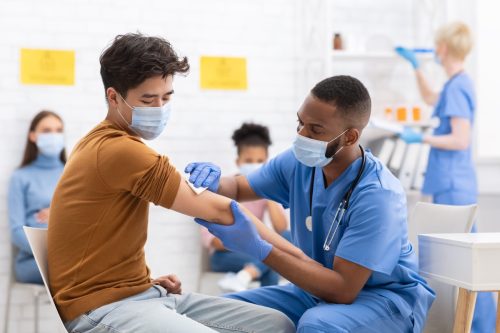
If you’re younger than 65 and not at high risk, “Ideally, get vaccinated once a winter wave starts taking off,” says Jetelina. “Getting it by Halloween is a good bet. This is what I will be doing with my family.” If you’ve recently been infected, wait at least six months before getting the updated COVID vaccine, Jetelina advises.
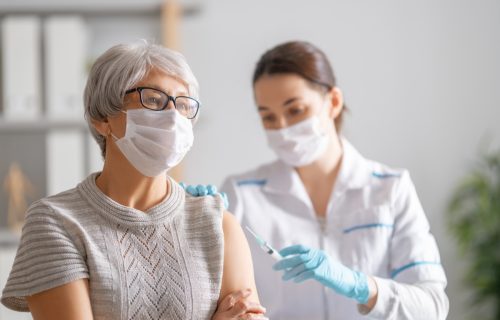
“October is ideal, as protection wanes over a season,” says Jetelina. One study found that the new flu vaccine reduces the chances you’ll need to see a doctor by 53%.
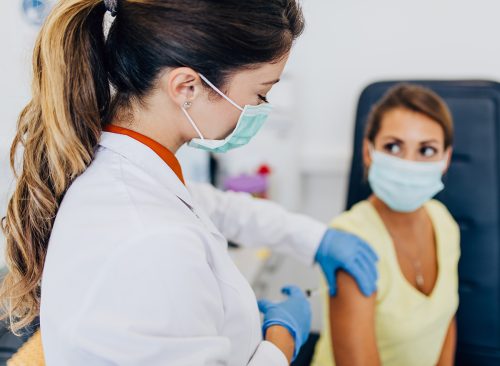
“You can get the flu vaccine (and other routine vaccines) and the COVID-19 vaccine at the same visit,” says Jetelina. “It’s recommended to get them in different arms.”
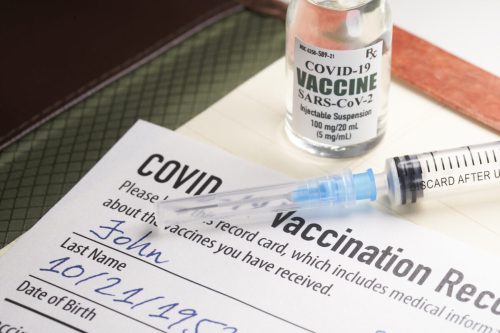
Not according to one study of 454,000 people who got the flu and COVID vaccines at the same visit. “Both worked great,” says Jetelina. “The rate of side effects was the same or a little higher among those that co-administered; however, no specific safety concerns were identified.”
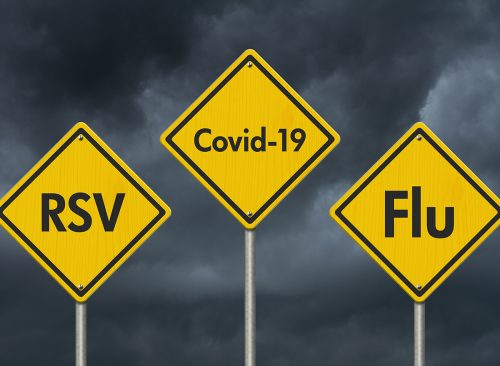
Adults over age 60 are advised to get the new RSV vaccine to protect against that respiratory virus. You should get that vaccine now, advises Jetelina. There is “no need to juggle timing because protection is durable,” she says.
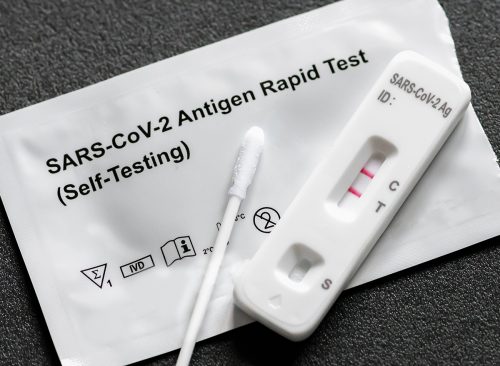
Every household in the U.S. is once again able to order four free COVID tests from the federal government. Just visit covidtests.org or call 1-800-232-0233, and they’ll be shipped to you in early October.

Ultimately, “If this feels too much like gymnastics, get your shot before Halloween,” says Jetelina. “It will help you and those around you.”














